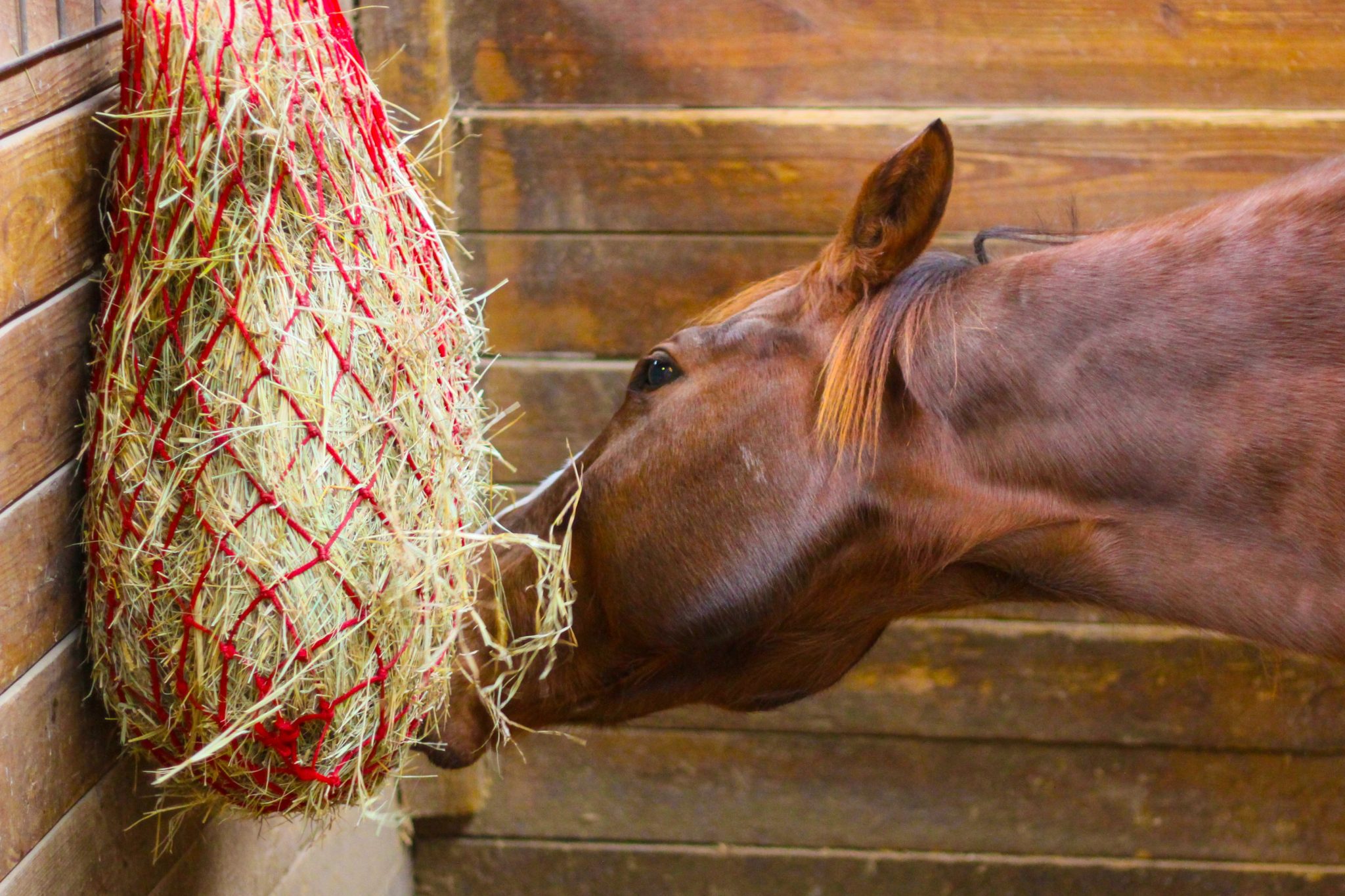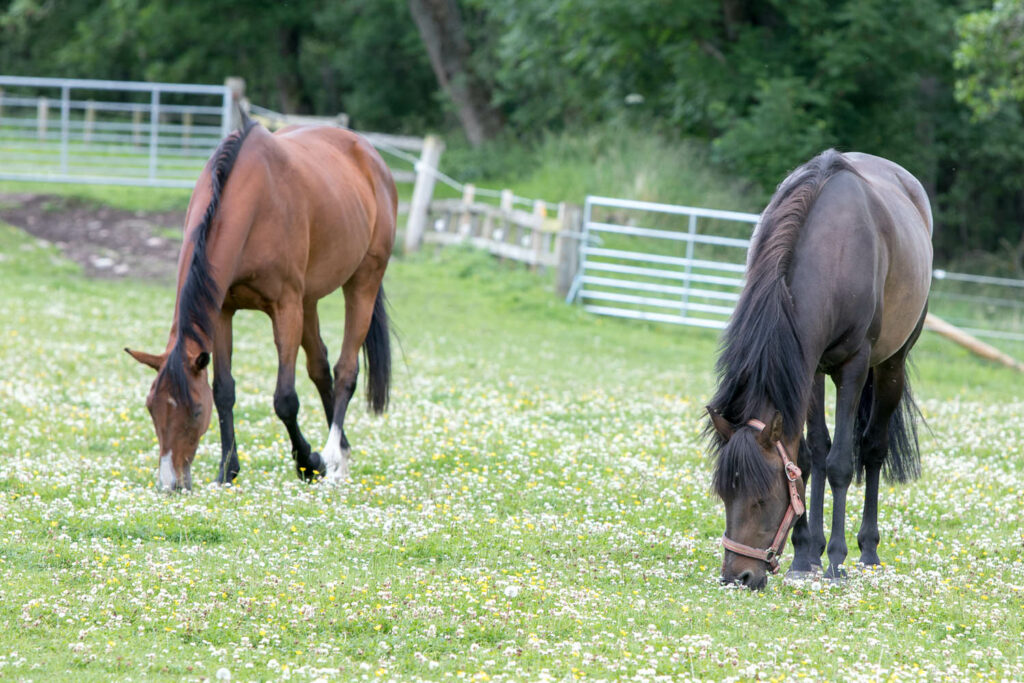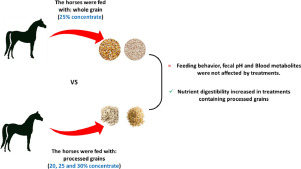Feeding Horses with Joint Issues: A Comprehensive Guide

Caring for horses with joint problems requires a specialized approach to nutrition that supports joint health and mobility. This article explores the best feeding practices, supplements, and dietary considerations to help manage and alleviate joint issues in horses.
Understanding Joint Issues in Horses

Joint problems in horses, such as arthritis, osteoarthritis, and inflammation, can significantly impact their performance and quality of life. These conditions often result from age, injury, or excessive strain.
Common Symptoms
- Stiffness or reluctance to move
- Swelling around joints
- Lameness or uneven gait
- Reduced activity levels
Nutritional Strategies for Joint Health
Proper nutrition plays a vital role in managing joint issues. The goal is to reduce inflammation, support cartilage repair, and maintain a healthy weight to lessen joint stress.
Key Nutrients
| Nutrient | Role in Joint Health | Sources |
|---|---|---|
| Omega-3 Fatty Acids | Anti-inflammatory properties | Flaxseed, fish oil, chia seeds |
| Glucosamine | Supports cartilage repair | Supplements, natural cartilage |
| Chondroitin | Helps maintain cartilage structure | Supplements |
| Vitamin C | Antioxidant that aids tissue repair | Fresh fruits and vegetables |
| Vitamin E | Protects cells from oxidative damage | Green leafy plants, supplements |
Feeding Tips
- Maintain a balanced diet with high-quality forage
- Avoid excess carbohydrates and sugars that can increase inflammation
- Monitor body weight to prevent additional joint strain
Recommended Supplements
Supplements can be beneficial but should be chosen carefully:
- Glucosamine and Chondroitin: Often combined to support cartilage health
- MSM (Methylsulfonylmethane): May reduce inflammation and pain
- Hyaluronic Acid: Supports joint lubrication
Lifestyle and Feeding Practices
- Feed smaller, more frequent meals to aid digestion
- Ensure access to clean, fresh water
- Adjust feed based on activity level and veterinary advice
Frequently Asked Questions (FAQ)
Q1: Can diet alone heal joint issues in horses?
A1: While diet significantly supports joint health, it cannot cure joint diseases alone. A comprehensive approach including veterinary care is essential.
Q2: Are there any foods to avoid for horses with joint problems?
A2: Yes, avoid high-sugar feeds and excessive grains as they can exacerbate inflammation.
Q3: How long does it take to see improvements after changing a horse’s diet?
A3: Improvements vary but generally may be noticed within a few weeks to months, depending on the severity of the condition.
By implementing these feeding strategies and working closely with a veterinarian, horse owners can help improve the comfort and mobility of horses suffering from joint issues.
